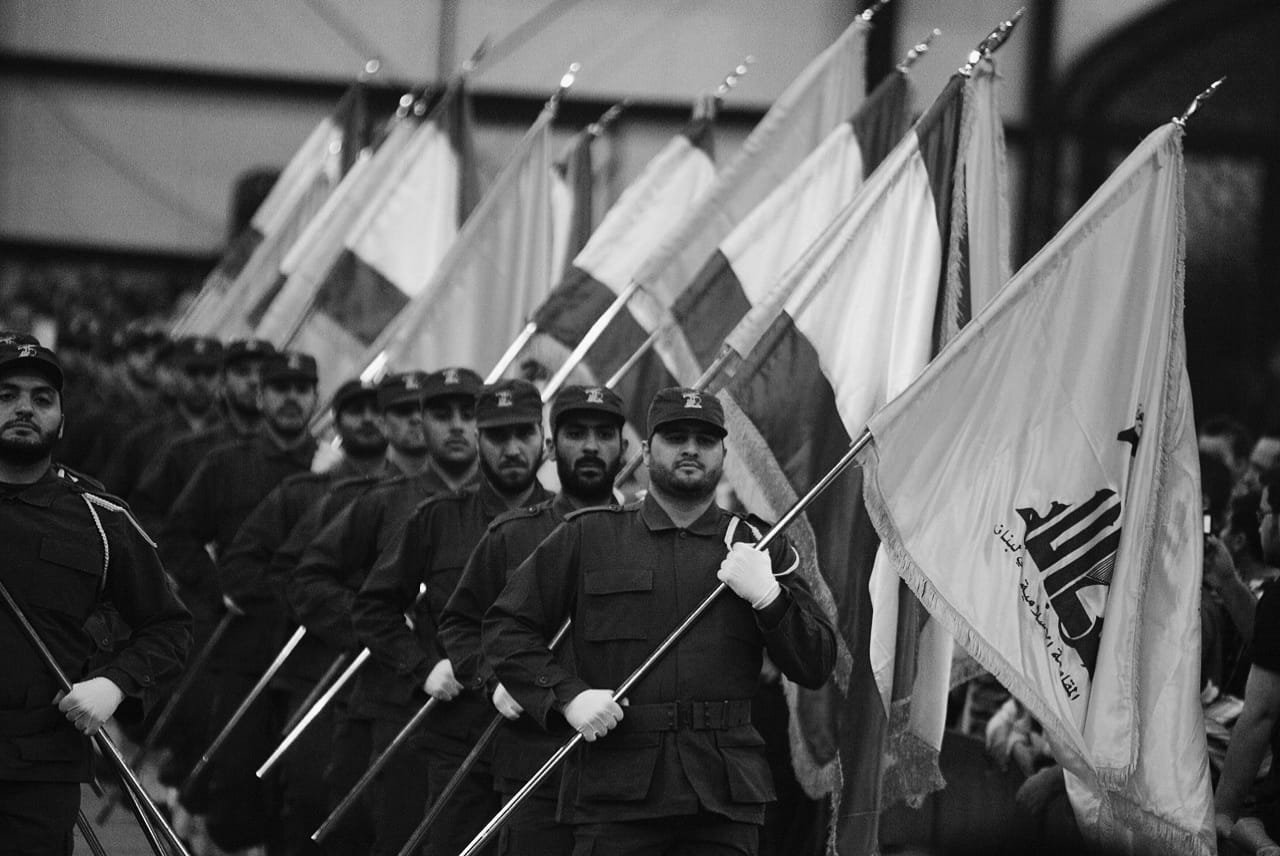In Lebanon’s increasingly fragile political and security landscape, the debate over Hezbollah’s arms has resurfaced with intensity. Western-backed factions within the country, along with foreign powers such as the United States and Israel, continue to push a familiar narrative: that disarming Hezbollah is a prerequisite for national sovereignty, economic recovery, and long-term stability. But behind this ostensibly logical argument lies a potentially far more dangerous agenda, one that could target not just the resistance, but Lebanon’s most vital institution: the Lebanese Armed Forces (LAF).
A Strategic Provocation Masquerading as Reform
The recent publication by Israel’s National Security Institute reveals a striking strategic insight. While acknowledging Hezbollah’s deeply entrenched power and influence, the report outlines the limits of confronting the group directly. Any attempt to forcefully disarm Hezbollah, the document warns, risks igniting a civil war. But it does not stop at caution, it actively suggests that the U.S. and Israel support Lebanese political factions in pressing for disarmament, knowing full well the likely consequences.
This is not a strategy to weaken Hezbollah. It is a provocation designed to dismantle the LAF under the guise of national reform. In a country where state institutions have already been hollowed out by economic collapse, political paralysis, and foreign interference, the army remains the last thread holding the national fabric together. Targeting it would not strengthen Lebanon, it would destroy what little remains of its statehood.
The Army as a Political and Sectarian Microcosm
Unlike Western national armies that function under a unified chain of command, the Lebanese Army is structured around a complex balance of sectarian representation. Roughly one-third of its personnel are Shiite, with others drawn from Sunni, Christian, and Druze communities. This fragile arrangement has kept the army cohesive through several crises but it also makes it vulnerable to sectarian polarization.
If the LAF is ordered to confront Hezbollah militarily, the institution is likely to fracture. Soldiers will refuse to engage with their own communities, and command structures may collapse under political pressure. The result would be not just a failed military operation, but the unraveling of the country’s only national institution capable of withstanding civil breakdown.
Should the LAF collapse, the consequences for Lebanon would be immediate and devastating. A fractured army would open the door for regional players and extremist groups to assert control over different territories under the pretext of restoring order or defending sectarian communities. Israel could justify a military incursion into southern Lebanon, citing Hezbollah’s unchecked presence. At the same time, militant factions such as those aligned with Syrian-based figures like Abu Mohammad al-Julani could move in under the guise of “protecting Sunnis” from Hezbollah.
In both scenarios, Lebanon is not stabilized, it is balkanized. And the very forces that call for disarmament would have achieved a more sinister goal: the total collapse of the Lebanese state.
From Resistance vs. Occupation to Civil War vs. Collapse
The most dangerous element of this emerging strategy is the shift in narrative. Where once the central conflict was framed as “resistance versus occupation,” the push for disarmament is creating a new binary: “civil war versus state collapse.” And caught in the middle is the Lebanese Army —underpaid, under-resourced, and overstretched.
Hezbollah, for all the controversy surrounding it, is not just a militia. It is a political bloc, a social services network, and a regional actor with a well-established deterrence posture. It cannot be dismantled with slogans or external pressure. But the army, weakened by years of crisis and largely dependent on foreign aid, remains a soft target for those seeking to reshape Lebanon through destabilization.
A Calculated Gamble with National Consequences
The push to disarm Hezbollah is no longer just about removing a resistance group, it is about triggering a confrontation that could collapse the state from within. The real objective appears to be engineering a confrontation that the army cannot survive, thereby removing the only national institution capable of mediating Lebanon’s sectarian divides.
Lebanon stands at a precipice. The international community, particularly Western powers claiming to support its sovereignty, must reconsider the implications of their strategies. Strengthening the army, promoting national unity, and addressing the root causes of Lebanon’s crisis, which are corruption, economic decay, and sectarianism, should take precedence over confrontational approaches that risk sparking a second civil war.
The cost of failure will not be borne by Hezbollah or foreign powers, it will be paid by the Lebanese people, who are already enduring one of the worst economic and political crises in modern history. Disarming Lebanon’s resistance without disarming the agenda behind it may well be the final blow to a country struggling to survive.





